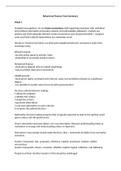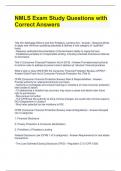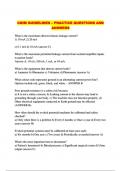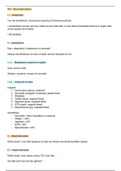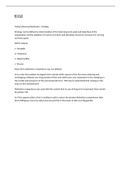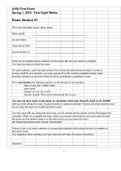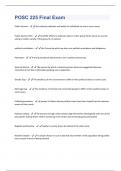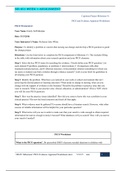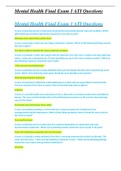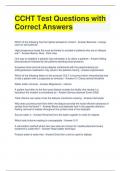Samenvatting
Behavioral Finance (E_FIN_BF) - Full summary
- Instelling
- Vrije Universiteit Amsterdam (VU)
This is a full summary of the course Behavioral Finace of the MSc Finance at VU Amsterdam. The summary includes everything that needs to be known for the exam: -lectures, slides & professor comments -book chapters -papers -guest lectures
[Meer zien]
